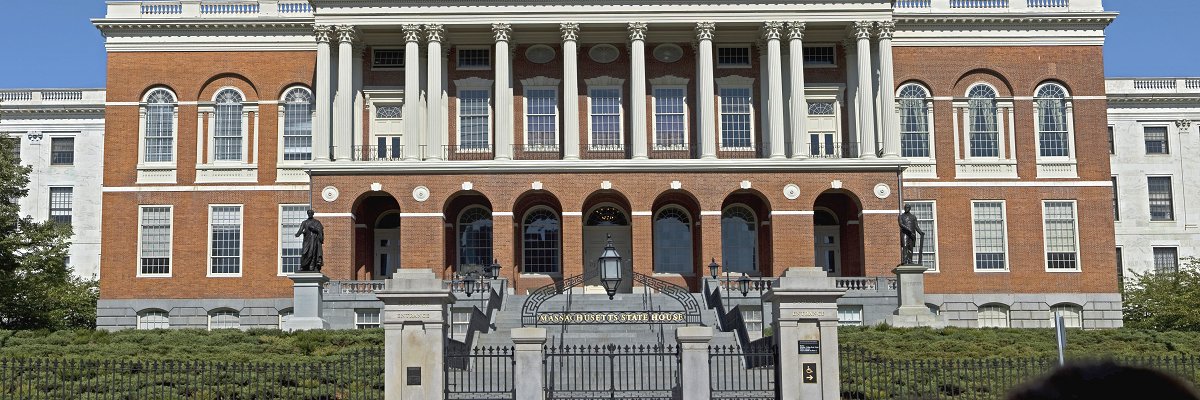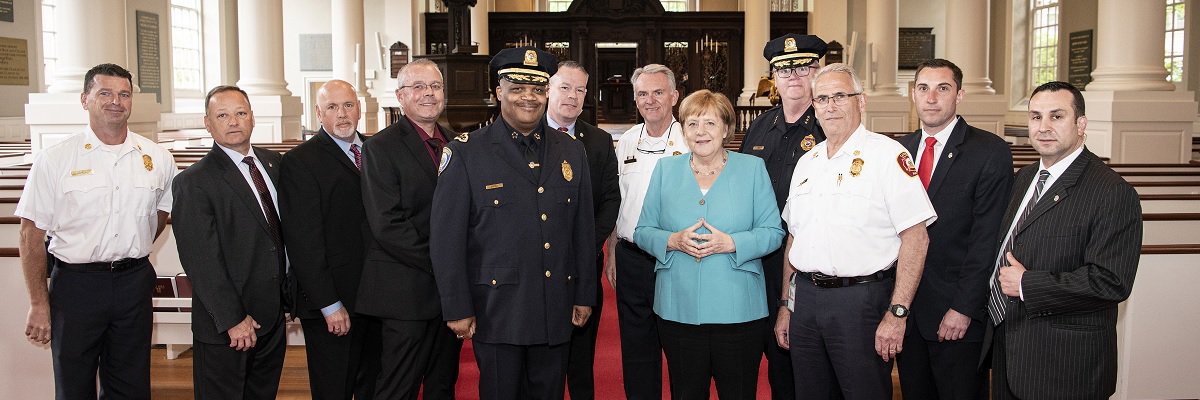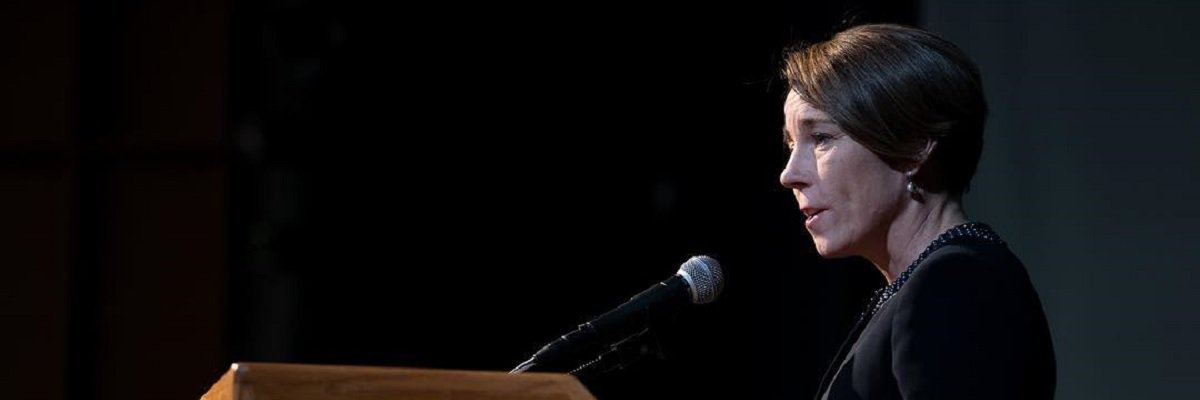The FOIA community heaved a well-worn sigh last month when the national FOIA reform bill was held and then tabled at the end of 2014’s legislative session. Legislatures across the country reconvened this week, and in Massachusetts, where a new governor is also part of the package, a fresh attempt at access reform begins.
During the last MA state session, a few bills aimed to improve the system were under consideration, and though the deadline to submit bills for this session doesn’t pass until January 16, it is likely that a few of these will be resubmitted for discussion in the next couple of years.
Secretary of the Commonwealth William Galvin, the official authority on Massachusetts public records regulation, drew criticism during the 2014 election for the way his office handles its own requests and disputes between other agencies and citizens. His opponent, David D’Arcangelo, found Secretary Galvin’s responses to his own requests repeatedly frustrating, and it was discovered that Galvin’s office did not maintain records and issue contracts as required.
A Boston Globe editorial called for a legislature that can bolster the law on behalf of its constituents. These measures would include more appropriate use of exemptions, harsher consequences for agencies which refuse disclosure of records on unjustifiable grounds, and the option to recoup legal fees for disclosure-related law suits.

“Public records is not often considered a very interesting issue,” says State Senator James Eldridge, who sponsored two bills regarding access to public records and the need for improved electronic database capabilities. “As a progressive Democrat, I think if we’re serious about government programs making a difference in our lives we need to make sure that the information that is used to make those programs are as transparent as possible, so that the public can address and process the issues. I think then you’d see greater support for government.”
Newly-elected Massachusetts governor Charlie Baker gave a shoutout to transparency during his inaugural address yesterday. “[W]e must have integrity to assure accountability and transparency,” he said, “because when we make honest mistakes they must be acknowledged and corrected.” While Boston starts weighing the costs of infrastructure overhauls and the state-wide repercussions of an Olympic bid, the need becomes more immediate for open public information in discussions between the government and the people.
Follow MuckRock on Twitter and Facebook for updates on MA public records legislation and other FOIA news. File your own request today or check out our archive of public requests. Send comments, suggestions, and such to info@muckrock.com.
Image of Massachusetts State House by Fcb981 via Wikimedia Commons




